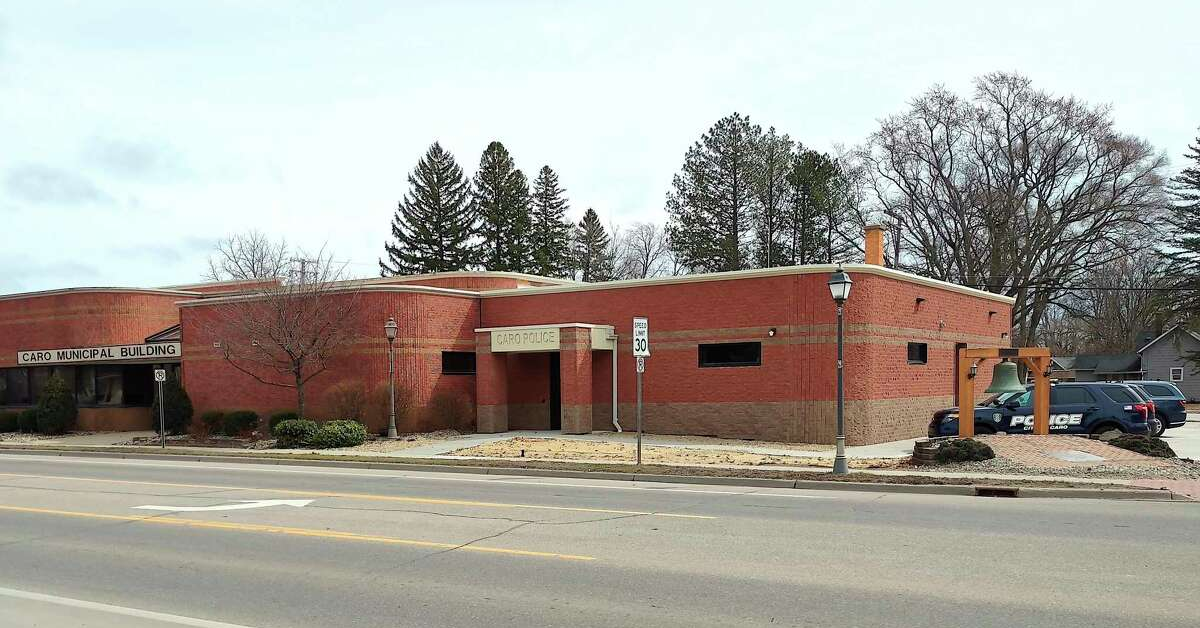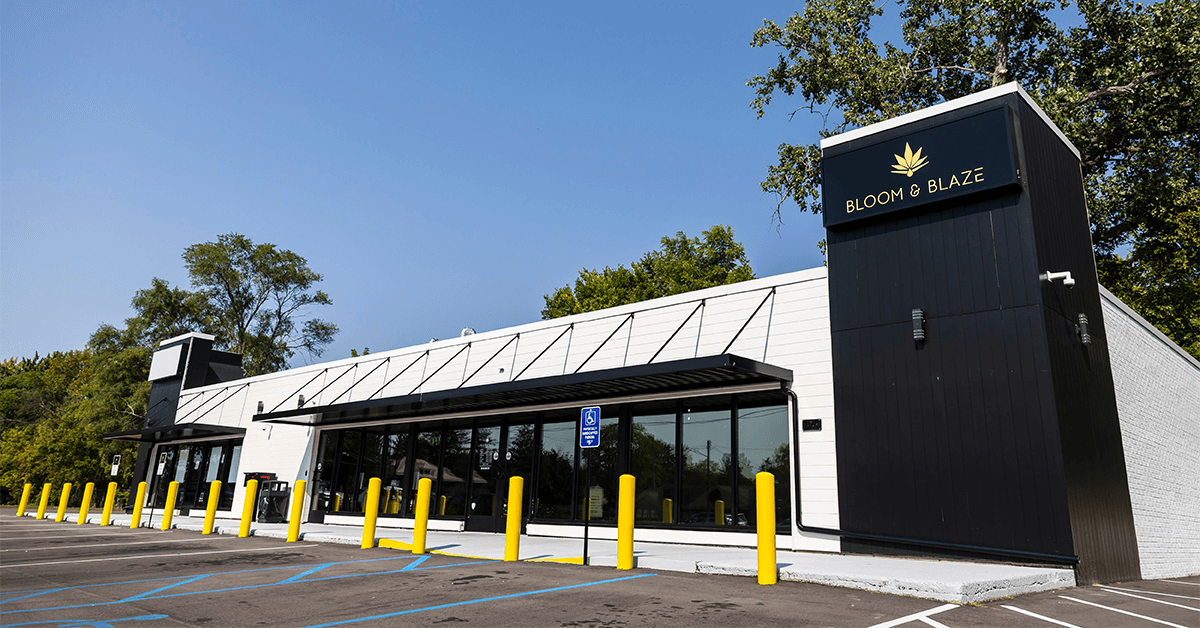Caro to Vote on Increasing Marijuana Cultivation and Processor Licenses

Caro, Michigan, is on the brink of a significant expansion in its marijuana industry, as it gears up for a crucial vote on a new ordinance in the upcoming February 2024 election. The proposal, initiated by a ballot committee through a petition, aims to substantially increase the number of licenses for marijuana cultivation and processing within the city.
Tuscola County Clerk Jodi Fetting recently announced the addition of this proposal to the ballot, signaling a potential shift in Caro's approach to marijuana legalization under the Michigan Adult Use Marijuana Act. Specifically, the proposal focuses on Class C cultivation licenses, which currently allow holders to cultivate up to 1,500 plants for medical use and 2,000 plants for recreational use. At present, Caro has issued two such licenses, but the proposed ordinance seeks to raise this cap dramatically to 30 grower licenses. Furthermore, the ordinance would permit stacking up to five Class C licenses.
Another key aspect of the proposal is the increase in the number of adult-use processor licenses, from the existing two to eight. Additionally, the proposal introduces a new type of license: the excess marijuana grower license. To qualify for this license, an entity must already possess five Class C licenses and at least two grower Class C licenses. This license type allows incremental growth of 2,000 plants under each license, aligning with medical marijuana regulations. If approved, Caro would offer two excess adult-use marijuana licenses.
The language of the proposal clearly states its intent to expand the number of Class C grower and processor licenses and to introduce excess grower licenses, thereby providing a framework for the city to regulate these establishments.
Scott Czasak, Caro City Manager, maintained a neutral stance, emphasizing that as the proposal is a citizen-initiated petition, he could only present the facts without personal commentary. Czasak highlighted that the approval of the proposal would open up more license opportunities, subject to the application and approval process.
This development in Caro reflects a broader trend of municipalities in Michigan and across the United States grappling with the implications and opportunities of marijuana legalization, particularly in the areas of cultivation and processing.
Share this article:
Spotted a typo, grammatical error, or a factual inaccuracy? Let us know - we're committed to correcting errors swiftly and accurately!








 Helpful Links
Helpful Links